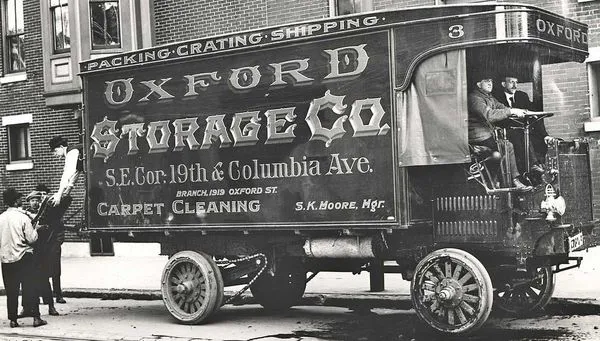General Storage Tips

Storage space is needed for a variety of purposes, including moving to a smaller house, when your home is not yet finished, or when there is simply too much to unpack and not enough time. Put another way, simply accumulating too much stuff is gradually becoming accepted as a valid reason to set aside storage space.
People often use storage space for more conventional purposes, such as divorce, eviction from an apartment, planning to move in with a significant other, remodeling a house, or having a home damaged by fire or other disasters.
Basic storage solutions for household goods include storing your belongings in the warehouse of a moving company or leasing a self-storage unit at a self-storage facility. The circumstances for storing your property will be the primary factor determining which type of storage you’ll use.
The majority of the tips in this Storage Guide apply to self-storage facilities, where you have more control over getting your belongings in and out of storage. Typically, the items will be placed in a moving company’s warehouse either within the moving van for a limited period or inside a moving company container. Since restrictions and protection, as well as costs and access, vary by moving company, it’s best to consult with your mover about the particulars of short and long term storage.
Types of Storage Facilities
Here are three types of storage that are available:
- Type A Storage – features the latest amenities, which may include security cameras, electrical security gates, secure locking systems, concrete storage units, and/or brick walls.
- Type B Storage – usually consists of a mix of metal and concrete storage units surrounded by a fence. This type may or may not have security cameras.
- Type C Storage offers low budget, no frills storage units for moving and storage on a shoestring. This type of storage unit typically provides little or no security. Property stored in this type of facility is generally of low value.
Consider Insurance for Your Items in Storage
Renters are responsible for insuring their stored goods. Some storage facilities offer limited insurance coverage with prices based upon the estimated value of the goods being stored.
When the property is stored off-site, most homeowner’s insurance plans have only minimal coverage. Some Renter’s plans, on the other hand, offer complete security for your property regardless of where it is kept. The perils insured against, the amount of coverage for special products, and other conditions, limits, and exclusions may differ between policies. Don’t expect that the stored goods will be protected by the other insurance plans. See House Moving Insurance and Valuation in our Moving Guide for more detail on these terms and other insurance factors.
Basic Storage Tips
Here are a few basic storage tips for storing your household items in a storage facility:
- To prevent water and moisture damage, place pallets, tarps, or plastic sheets on the floor of your storage unit if it is on the ground floor or accessible from the outside. These items will aid in preventing water and moisture from accessing and causing damage to your stored items.
- Promote ventilation to help prevent mold and mildew problems. Don’t pack items directly against a wall. Leave an inch or so of space for ventilation. Instead of plastic coverings for furniture, bedding, etc. use old cotton sheets, which won’t trap moisture.
- Leave enough room at the front of your storage unit so you can get to your things without too much trouble. Keep frequently accessed items easily accessible, near the front.
- Consider using shelving to increase the space available for storage within your unit.
- Leverage the cubic volume (height) of your space by stacking boxes. Don’t stack higher than you can reach, place heavier boxes at the bottom of the stack and don’t overpack or under pack your boxes. Overpacked boxes lead to bulging and under packed boxes can lead to crushing. Either condition will greatly affect your ability to stack your boxes safely. For more information, please go through our packing guide or you can also avail professional packing services from a trusted company, Fischer Van Lines.
- Store valuable items toward the back of the storage unit in unmarked containers. Thieves will typically not take the time to go through your entire storage unit to find you valuables. In fact, consider not putting your valuables in storage in the first place.
- Before storing any refrigerators or freezers, clean them out and allow them to dry. Make it possible for air flow by leaving the doors ajar and using the interior space to store additional items.
- Store upholstered furniture, like sofas (but not sleep sofas), on end if possible, to maximize your space. Cover with cotton sheets for dust protection.
- Cotton sheets should be used to cover mattresses and box springs, and they should be securely placed on their edges. Remember that cardboard absorbs moisture and plastic traps condensation, which can both lead to mold and mildew growth.
- Before storing garden tools and other metal items, such as bicycles, use a rust inhibitor, such as machine oil. Before putting them away, make sure they’re clean.
- Gas and oil should be drained from lawn mowers, trimmers, weed blowers, and other engines.
- Dresser tops can be used as a foundation for stacking boxes. Linens, small boxes, and delicate items can all be stored in the dresser drawers.
- Wrap table and chair legs to avoid scratching.
Be sure to see our Packing Guide for great packing tips you can use for getting your items ready for transfer to storage.
